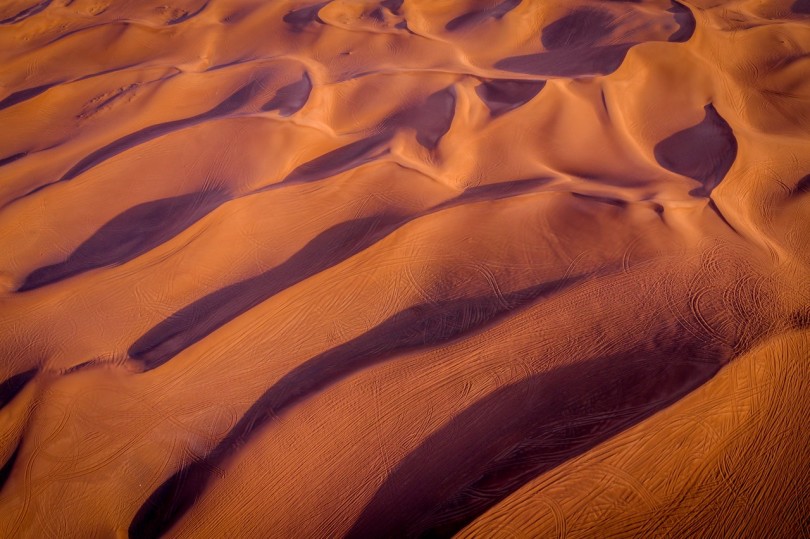Why Is the Gulf Attracting Climate Tech Businesses?
28 Jun 24
Enviro ChatThe Global News Source for the World of Science and Chemicals
22 November 2020
Enviro Chat
In a country like the UAE, water scarcity is a real concern. Due to its sizzling temperatures and dry climate, there is barely enough water in the Emirates for the personal use of its citizens and the cultivation of its agricultural crops, let alone for the purposes of gardening or landscaping.
With that difficulty in mind, environmentalist and entrepreneur Chandra Dake has launched “Breathable Sand”. This revolutionary new product offers a more efficient medium in which to grow plants, thus saving water and other resources in comparison to conventional soil. It’s hoped this could allow millions of Emiratis the opportunity to more confidently and ecologically cultivate their very own garden.
Dake is the CEO and founder of Dake Rechsand, the company responsible for the innovative product. In order to enhance the fertility of the sand, it is treated with Dake Rechsand’s proprietary formula, which is not public knowledge due to its obvious intellectual property value.
Once treated, the sand is adept at retaining water around the roots of the plant, while the texture of the medium (in comparison to soil) allows for greater freedom of movement for air. Both of these factors have a sizable impact on the growing capabilities of the plant itself, all the while using up to 75% less water than is employed in traditional gardening.
“Breathable Sand” is already a big hit in China, where rice paddy farmers in the Ulan Buh Desert in the north of the country have adopted its use. To date, the sand has successfully produced 1,500 acres of the crop – which is notorious for its water consumption – in one of the world’s most arid locations.
That litmus test means that it will surely be a great fit for the UAE, too. Indeed, with global populations on the rise and climate change exacerbating the problems of food security and water scarcity, “Breathable Sand” could be the tool needed to help produce crops in the least hospitable corners of the globe and ensure the sustainability of food production for millions of people.
What’s more, it’s not just ideal for agricultural purposes, but also home gardening ones. With the average Emirati reportedly overwatering their plants by 38%, any technology which allows them to reduce that rampant water consumption is to be welcomed and switching out soil for the sand is one tiny action that could have cumulatively significant consequences.
Indeed, conserving water supplies is likely to be a cornerstone of environmental policy in the years ahead. While there is certainly more that water companies could do for the environment, each and every one of us also has a responsibility to alter our ways and eradicate bad habits in order to ensure the prosperity of the planet.
DOWNLOAD PDF

2 Day Seminar Program
@ ArabLab+ 2024
24 & 25 September 2024
Your stay in Dubai
Labkit
Product News
Chemkit
Product News
Thinking about exhibiting at ARABLAB 2024? Watch our video to find out more.
Join the world’s leading organisations…
Join our mailing list and receive the ARABLAB newsletter and event updates.